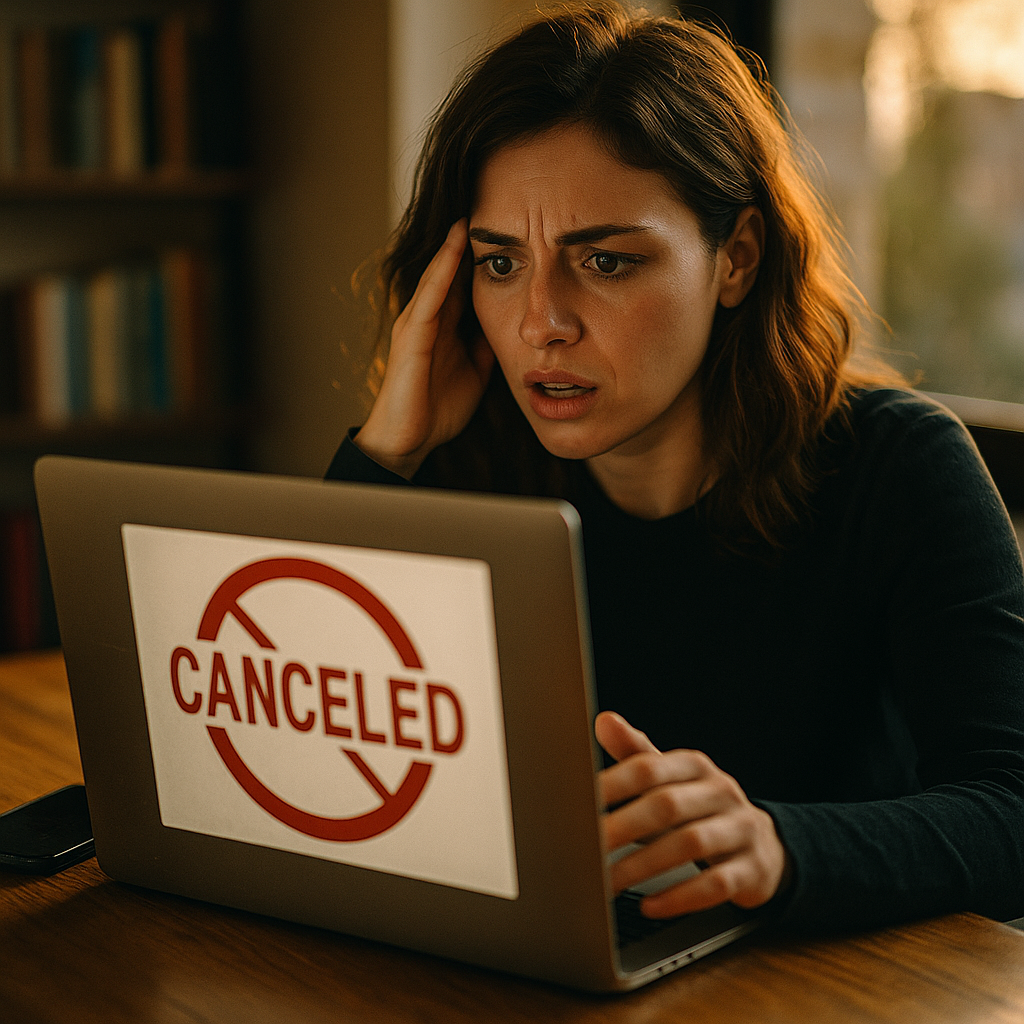“Cancel culture” has become a defining feature of digital discourse, affecting industries and relationships in numerous ways. Nowhere is its influence more keenly felt than in brand-creator partnerships. Understanding how cancel culture impacts these collaborations helps brands and creators navigate reputational risks—and seize new opportunities. What’s really at stake for brands and creators in the age of accountability?
Defining Cancel Culture in Modern Brand Partnerships
Cancel culture refers to collective efforts—often via social media—to hold individuals or organizations accountable for real or perceived wrongdoing. In the context of brand-creator partnerships, cancel culture poses unique challenges. Brands often align with creators to harness their reach and authenticity. However, if a creator is suddenly “canceled” due to past or present controversies, brands may face backlash, guilt by association, or demands to sever ties. This puts reputation management front and center in partnership decisions.
The Ripple Effect: Cancel Culture and Influencer Marketing Risks
Influencer marketing, once a straightforward formula, is now fraught with new risks tied to cancel culture. According to a 2025 survey by Statista, 46% of marketers have reevaluated or paused campaigns due to public backlash against creators. Brands must vet creators not just for audience reach, but also for past behavior, statements, and evolving opinions. The stakes are high: one misstep can trigger social media storms, trending hashtags, and potentially lasting reputational harm—leaving even well-established brands scrambling for damage control.
Authenticity vs. Safety: Navigating Creative Expression Amid Cancel Culture
Creators build loyal followings through authenticity and unique perspectives. Yet, brands increasingly demand “safe” content that won’t spark controversy. This dichotomy leads to friction: can a creator remain authentic if forced to self-censor for commercial partnerships? Some creators, wary of backlash, dilute their message, while others refuse to compromise, risking lucrative deals. The paradox is clear—cancel culture encourages social responsibility, but can also stifle important or innovative voices in public conversation.
Strategic Responses by Brands: Vetting, Transparency, and Communication
In response to cancel culture, brands now invest in proactive vetting—scrutinizing creators’ content history, values, and even private behavior. Transparent partnership terms, including crisis response strategies, have become standard. Many brands now craft statements explaining decisions to continue or end creator relationships. According to Influence Weekly 2025, 72% of top consumer brands have internal guidelines for managing influencer controversies, emphasizing values alignment, empathy, and open dialogue with audiences to restore trust if crises occur.
The Role of Audiences: Shaping the Impact of Cancel Culture
Audiences wield unprecedented power in shaping the outcomes of brand-creator alliances. Social media platforms act as amplifiers, giving individual voices collective force. In some cases, cancel culture helps bring accountability and progress—amplifying marginalized voices and challenging harmful behavior. However, mob-driven reactionism can result in disproportionate punishment, or penalize creators for past views they have since evolved from. This pressure prompts brands to consider not just their commercial interests, but also community values and the nuances of growth and redemption.
Future Outlook: Toward Responsible Partnerships in the Age of Cancel Culture
Looking ahead, both brands and creators are learning that resilience and transparency are core to sustainable partnerships. Brands increasingly value creators with a proven record of accountability and thoughtfulness, rather than simply controversy-free backgrounds. Meanwhile, audiences expect genuine apologies and evidence of change, not just PR statements. This shift signals a move toward more meaningful collaborations—where shared values, open communication, and ethical conduct underpin brand-creator relationships.
In conclusion, cancel culture presents serious challenges for brand-creator partnerships, but also spurs innovation and responsibility. By prioritizing transparency, authenticity, and thoughtful crisis management, brands and creators can turn reputational threats into opportunities for stronger connections and enduring success.
FAQs: Cancel Culture and Brand-Creator Partnerships
-
How can brands avoid backlash from cancel culture?
Brands should conduct thorough background checks on creators, clarify shared values, maintain crisis response plans, and communicate transparently with audiences when issues arise. -
What should creators do if they become targets of cancel culture?
Creators should issue sincere, transparent communications, acknowledge mistakes, demonstrate growth, and engage respectfully with their audience. Proactive steps toward accountability are crucial for resolution and reputation management. -
Can cancel culture ever have a positive outcome for brand-creator partnerships?
Yes, cancel culture sometimes leads to necessary accountability, helping brands align with creators who reflect evolving social values and demonstrating a commitment to ethical conduct. -
Are brand-creator partnerships at risk of disappearing due to cancel culture?
While challenges persist, brand-creator partnerships are changing rather than disappearing. They are evolving to prioritize transparency, value alignment, and robust communication strategies. -
Does cancel culture affect all industries equally?
No, industries with high social media visibility or controversial topics, such as fashion, beauty, and entertainment, tend to be more affected than sectors with lower public engagement.
